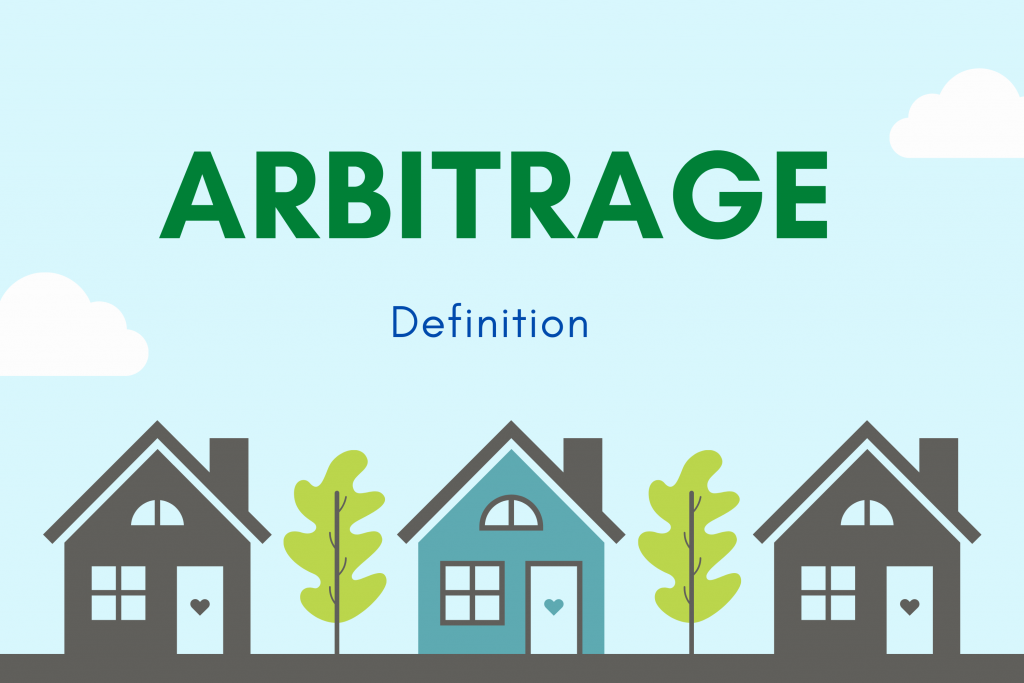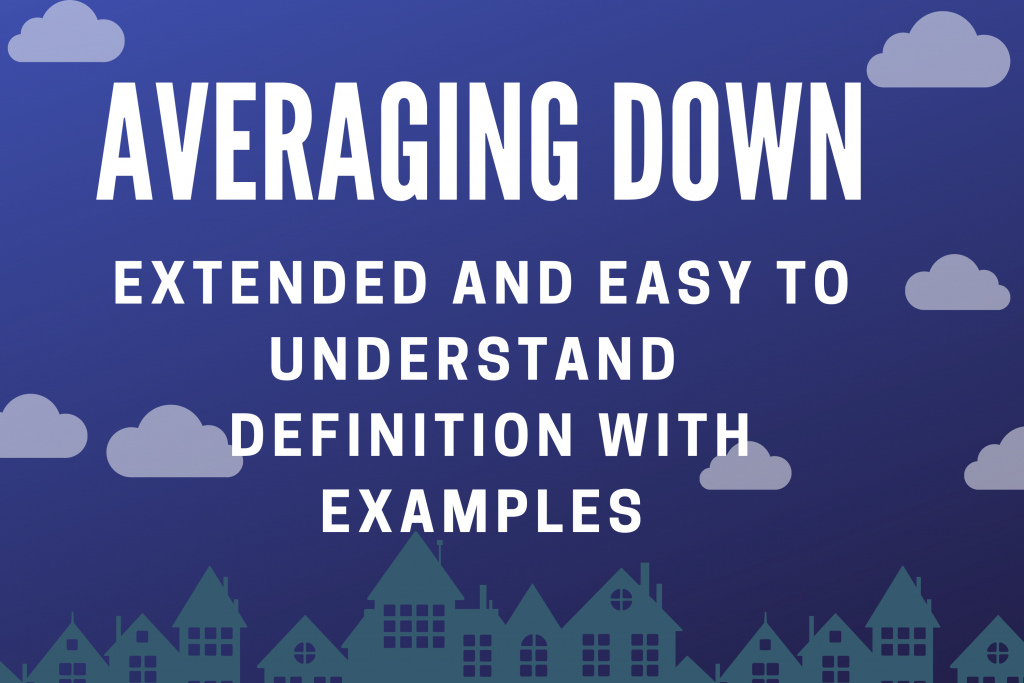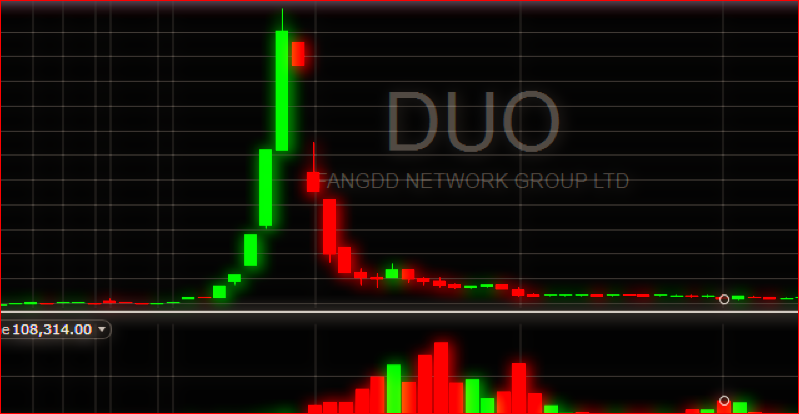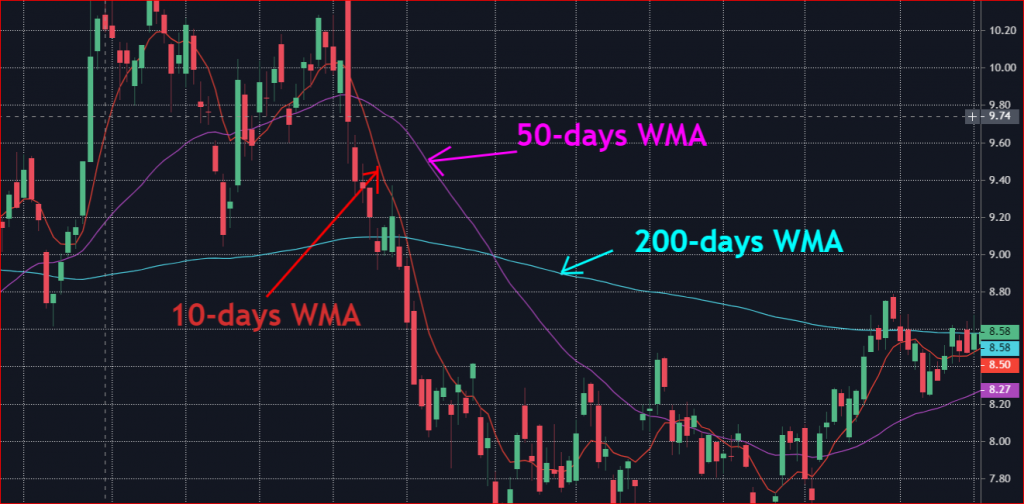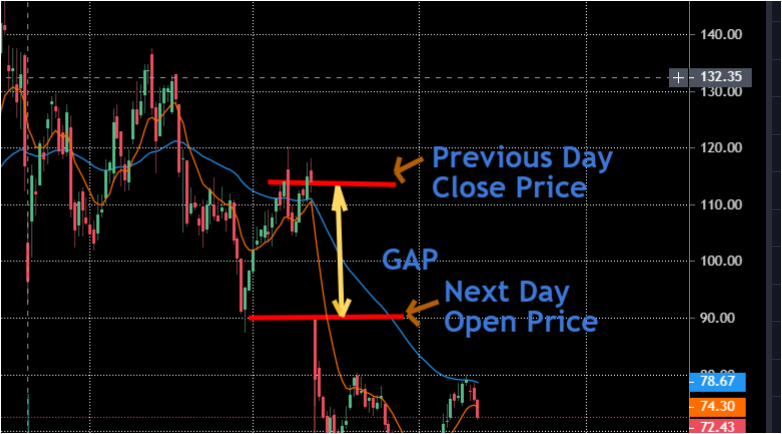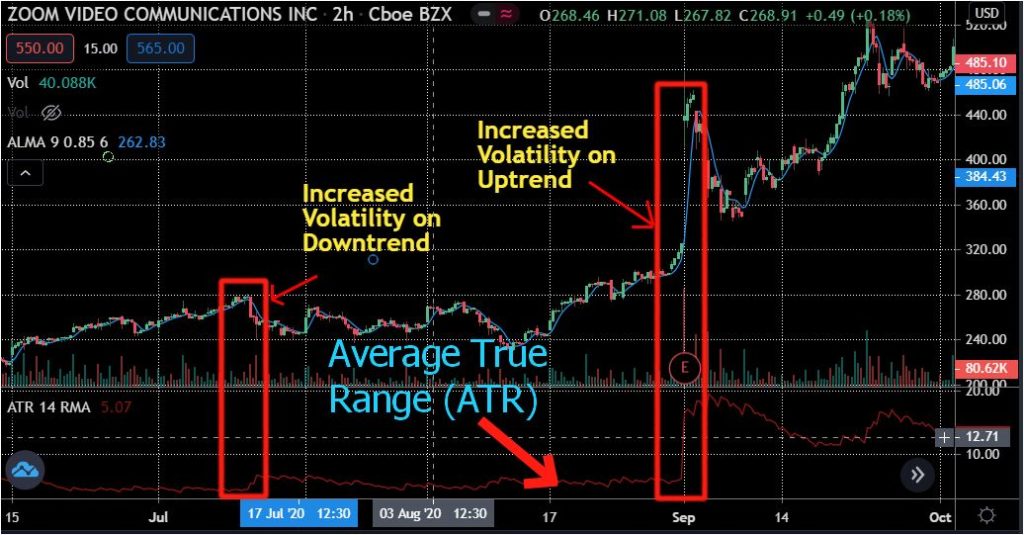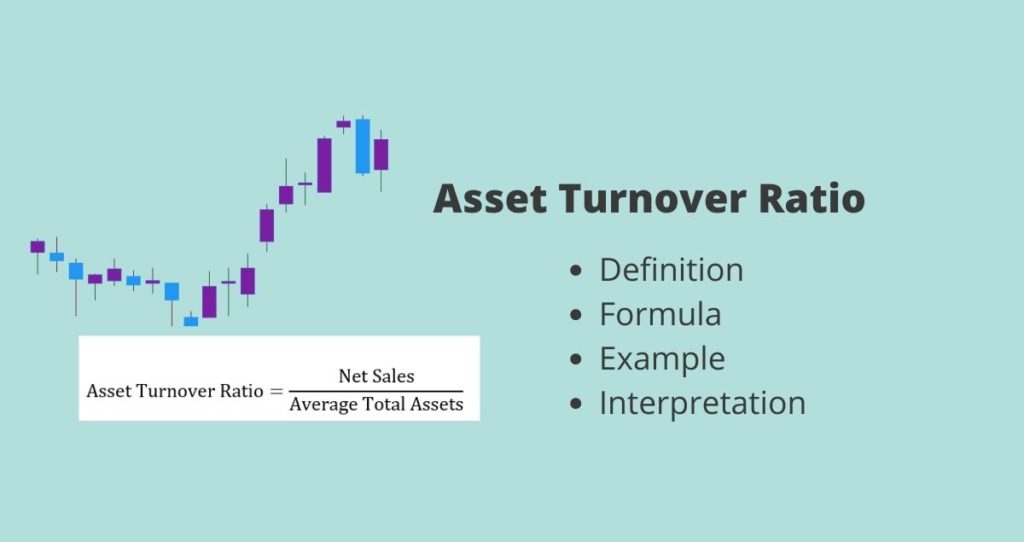The commission charges are money a trader pays to a broker or an investment adviser for shares and other security transactions they made.
Brokers and investment advisors charge different commissions. Online brokers charge a fixed-rate most of the time. It is recommended to find a cheaper broker to perform your transactions.
Profit or loss calculations should always take into account the commission fees. This is because whether you made money or not, your broker will still be paid.
How much commission do I pay for my transaction?
Brokers and investment advisors charge different fees for their services. You can shop around to find the ones that are cheap based on your situations.
Many brokerage companies make most of their profits from commissions on transactions they perform for their clients.
Your brokerage company can charge a fixed rate. If that is the case, you may pay the same rate when you buy and sell your holdings. Let’s say that your broker charges $10 for every transaction.
You will pay $10 when you buy 100 shares of XYZ company, for example. You will also pay the same amount when you sell your shares. After both transactions, the total commission from your account will be $20.
Should you choose to sell only 5 shares instead of all 100 shares? You will still pay $10 of commission for that transaction.
How to avoid or reduce commissions?
There are many ways to avoid commissions. The first method is to try commission-free platforms or brokerage companies.
Online brokers eliminated commissions due to competitions. However, there are still few services they provide with commissions in place.
If you cannot find a free broker or investment platform, find the cheapest possible. Always remember that your broker will still be paid whether you make a profit or lose money.
Try to use online discounted brokerages and robo-advisors. They provide access to stocks, index funds, and ETFs
source: Investopedia.com, nerdwallet.com


